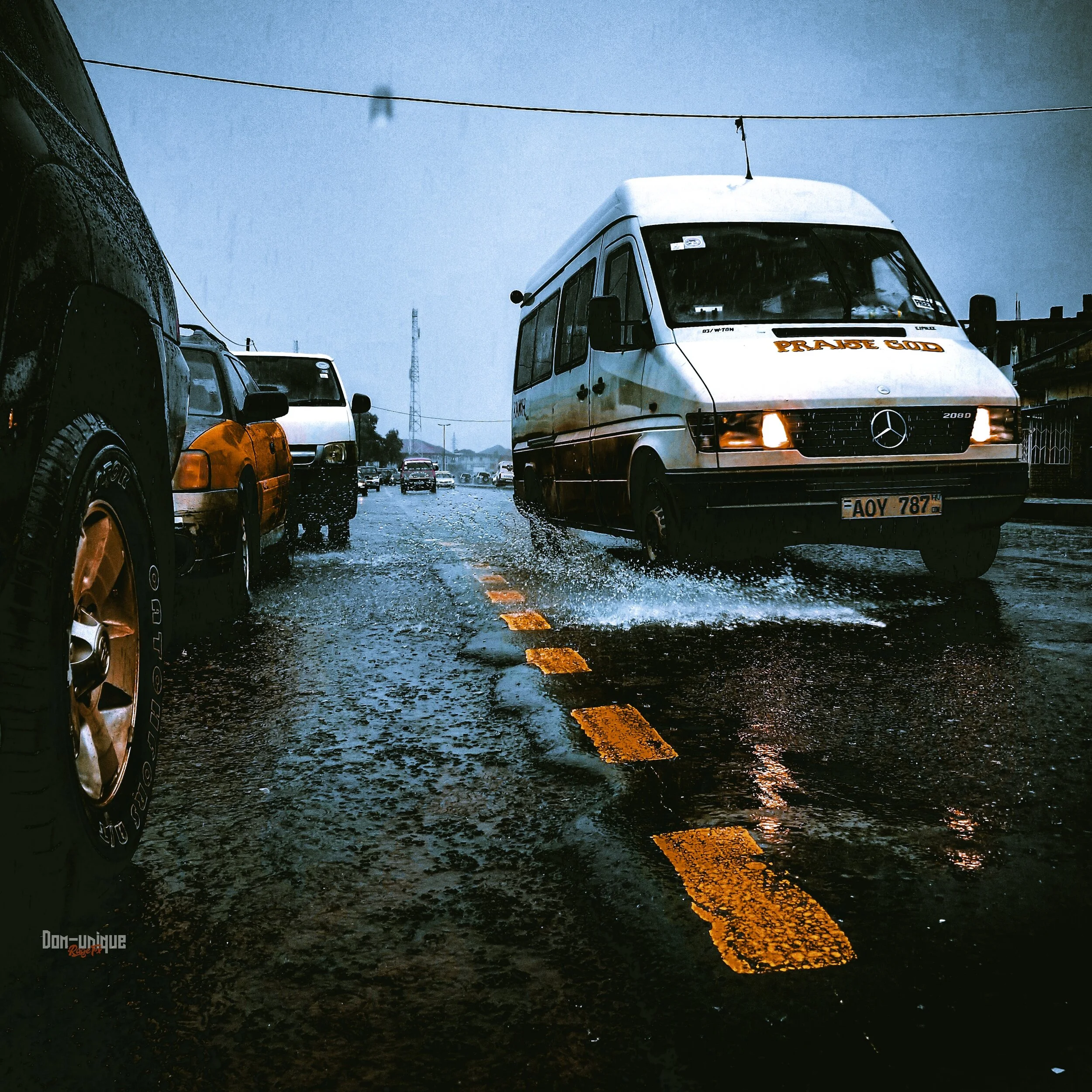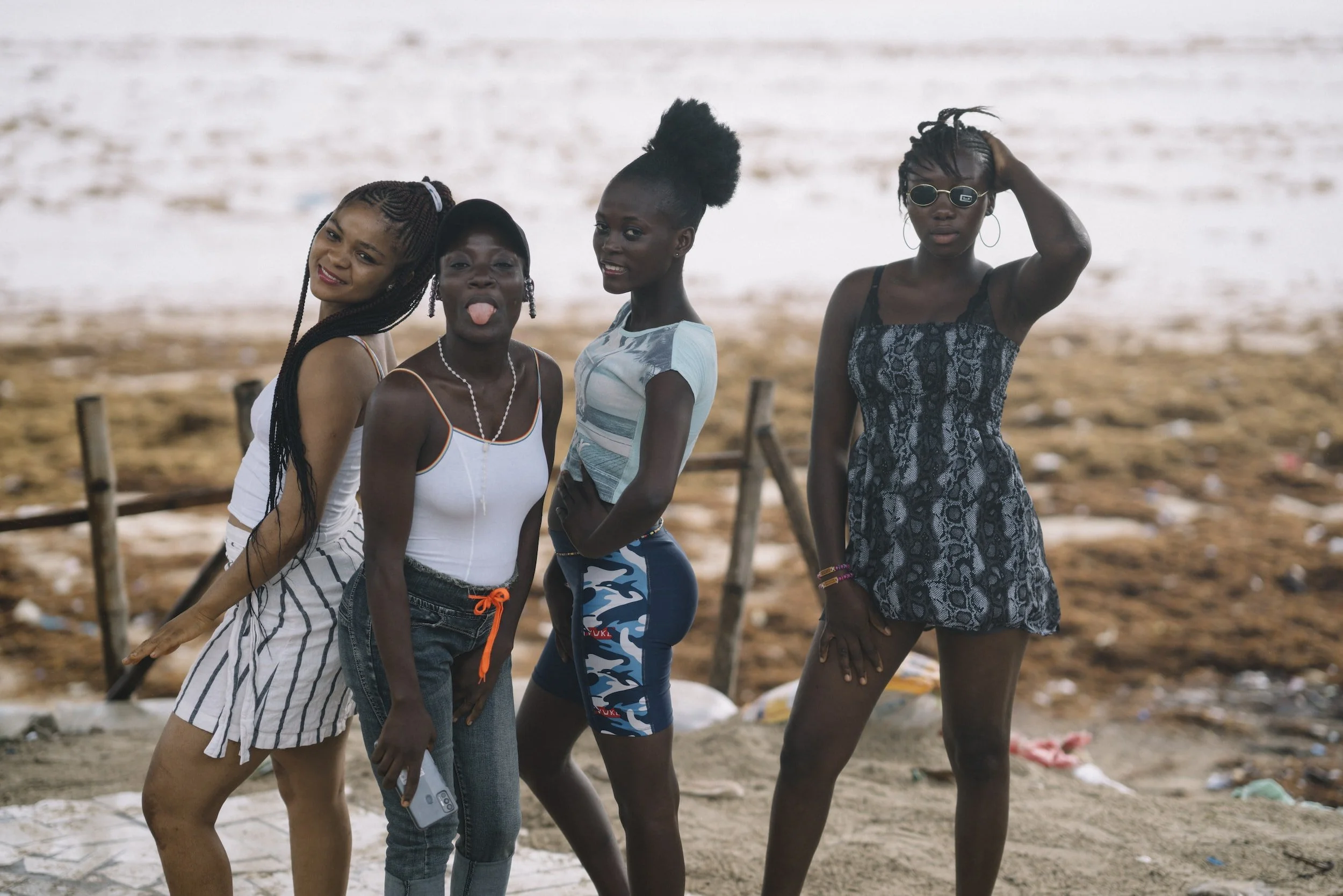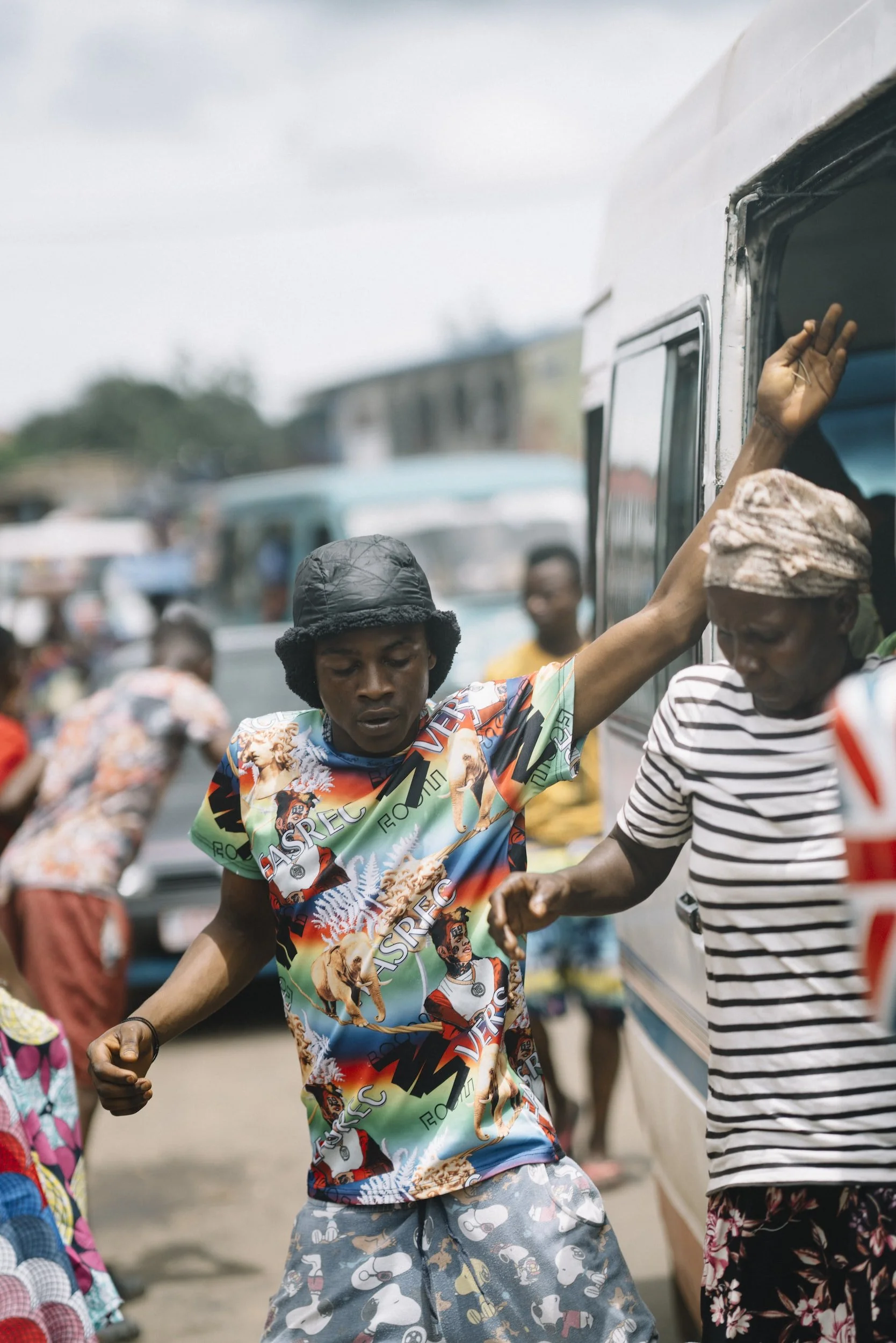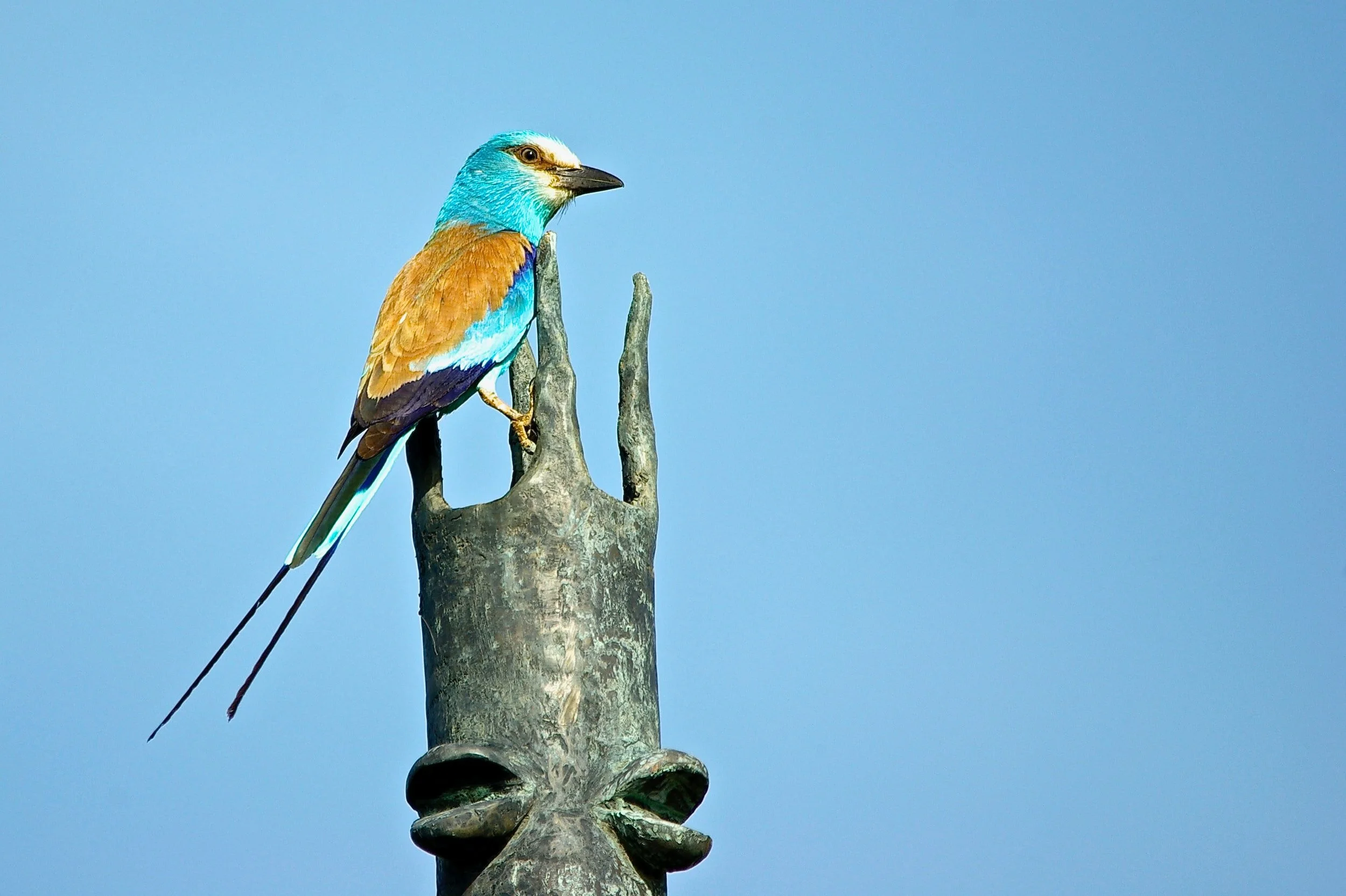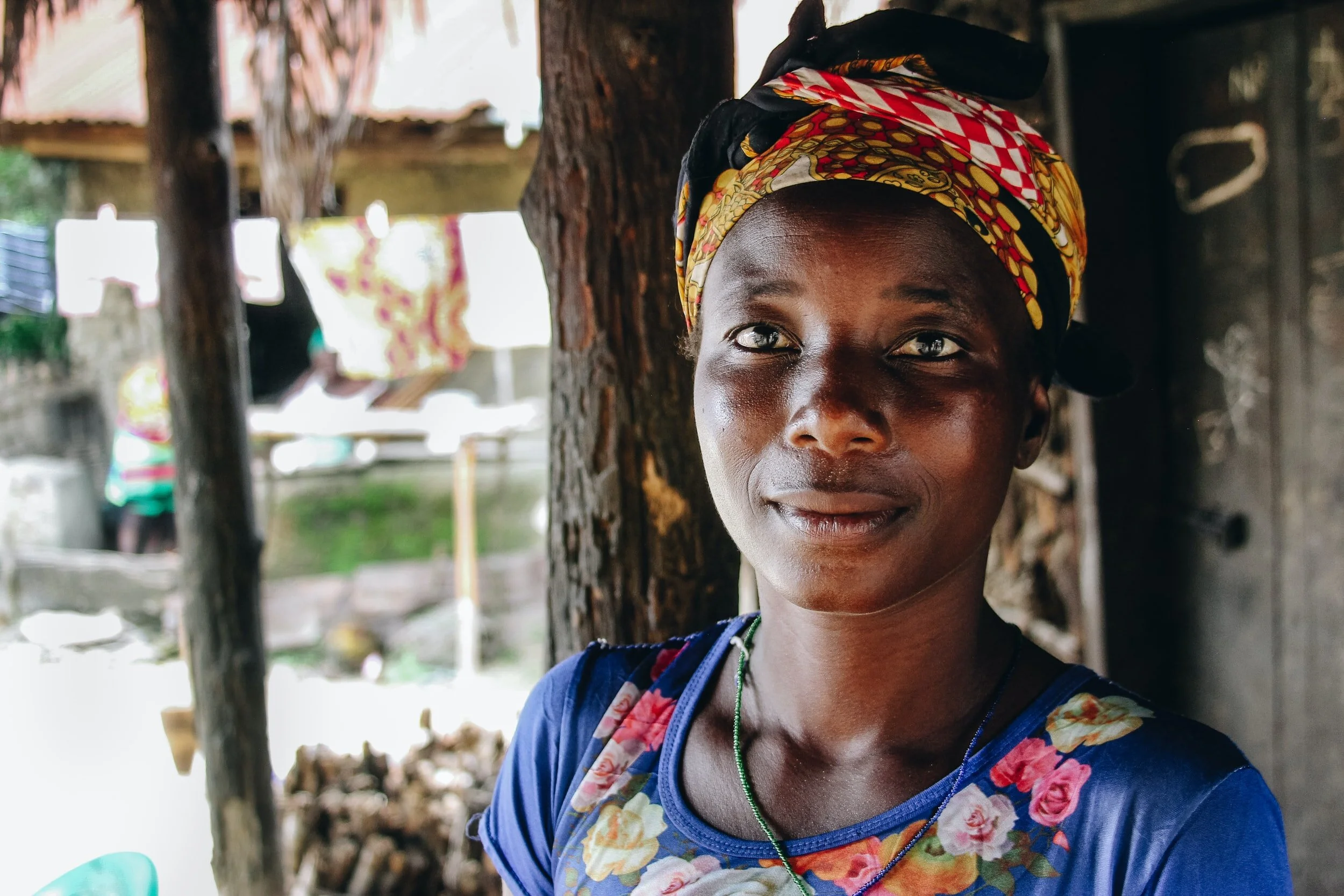Mi at sidɔm saful by Anni Domingo
1. Mi at sidɔm saful bikɔs a no se
pan ɔl we di wɔl tɔnɔbɔ ɔlsay
sɔm pɔsin dɛn de we de wok
de ɛn nɛt fɔ ol wi ɔl tayt
so natin nɔ go ambɔg wi.
2. Mi at sidɔm saful bikɔs a no se
pan ɔl we wi de bay wisɛf,
ɛn wi nɔ de niya wi kɔmpin,
wi ɔl na wan ɛn de fil ɔl
wetin wi kɔmpin de fil.
3. Mi at sidɔm saful bikɔs a no se
pan ɔl we ɔlman lɔk insay os, in wan gren,
di wɔl dɔn big. Wi de tɔk naw sɔm kayn we
wi nɔ mɛmba se go apin wan de. Ɔlman na
wan, ɛn wi bisin bɔt wi kɔmpin dɛm.
4. Mi at sidɔm saful bikɔs a no se
dɛm wan dɛm we nɔbɔdi bin de braskitul sɛf,
na dɛm de bifo naw. Dɛn nɔ de na grɔn igen,
wi abop pan dɛm. Na so wi ɔl de klap fɔ dɛm.
5. Mi at sidɔm saful bikɔs a no se
wi kin manej naw witawt bɔku bɔku tin dɛm.
Na pɔsin, nɔto tin dɛm, go mek wi layf bɛtɛ,
Ɛn tɔn dawt ɛn tabitabi to op fɔ tumara.
6. Mi at sidɔm saful bikɔs a no se
Dis lɔkdɔng ya so, nɔ min se wi fasin insay.
I mek wi at swɛl big so te wi ebul fɔ
pre fɔ dɛn wan dɛm we dɔn lɔs dɛnsɛf
ɔ dɛm bɔdi dɔn brok wit tumɔs wahala.
7. Mi at sidɔm saful bikɔs a no se
ɔl dis bɔku plaba go tap wan de.
Ivin na dis kres kres tɛm ya so
Wi dɔn fɛn tru sori-at ɛn ajo,
ɛn wi at de sing wit jɔy.
8. Mi at sidɔm saful bikɔs a no se
tide na bunya, ɛn wi nɔ no wetin go kam
tumara bambay. We wi ɔl sidɔm na os
di grɔn dɔn gɛ tɛm fɔ de mɛn insɛf.
9. Mi at sidɔm saful bikɔs a no se
ɔltin we de insay wi at, na di sem tin
we bin de fɔstɛm, bikɔs ɔltin na wan
i sidɔm na wi at, ɛn fasin wi to aw
wi tan lɛk dip insay, to udat wi bi.
10. Mi at sidɔm saful bikɔs a no se
wi dɔn gɛt bɔku bɔku tɛm. so lɛ wi
tinap, lɛ wi lisin ɛn memba se,
wi tranga, ɛn bay ɛn bay, wi go ebul
fɔ blo kam dɔng igɛn .
Anni Domingo is a British-Sierra Leonean actress in Theatre, Television, Radio and in Films.
Note: Ms Domingo would like to acknowledge Amadu Bangura and Esme James for helping with
official Krio orthography in this poem.
